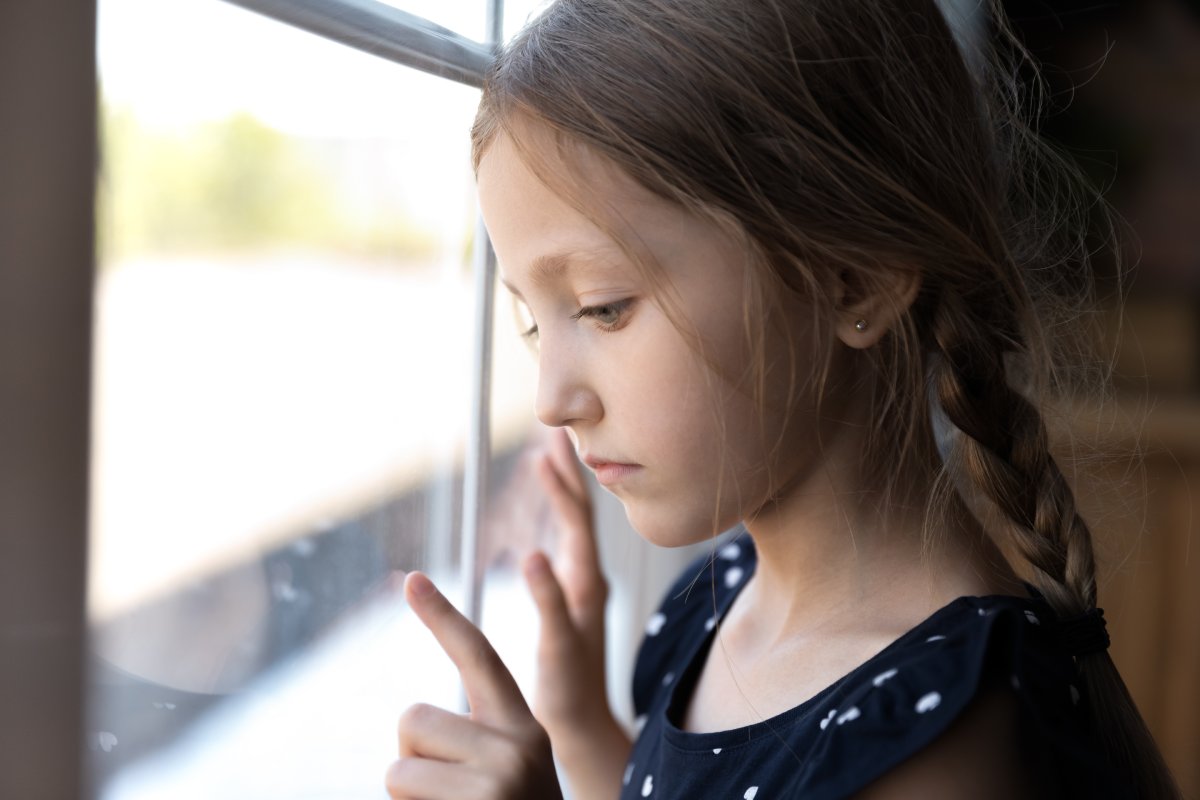What Not to Say to Your Kids: 21 Toxic Phrases
Are you worried about the impact of your words on your child’s well-being? Let’s tackle 21 phrases that might be causing more harm than you realize:
#1. “I Wish You Were More Like…”

Comparing your child to others might be fueling insecurities instead of nurturing their unique strengths.
#2. “You Always…” Or “You Never…”

Using absolutes might be adding unnecessary pressure, making your child feel like they can never measure up.
#3. “Stop Crying” Or “Don’t Be A Baby”

Dismissive phrases like these might be teaching your child to bury their emotions instead of learning healthy ways to express them.
#4. “Because I Said So”

Are you shutting down communication instead of fostering understanding by resorting to this phrase?
#5. “You’re Too Sensitive”

Labeling your child might be making them feel ashamed of their feelings rather than helping them navigate their emotions.
#6. “I’m Disappointed In You”

Expressing disappointment could be damaging your child’s self-esteem instead of motivating them positively.
#7. “You’re So…” (Insert Negative Trait)

Are you inadvertently limiting your child’s potential by labeling them with negative traits?
#8. “You’re Making A Big Deal Out Of Nothing”

Minimizing your child’s concerns might be invalidating their feelings instead of providing support and empathy.
#9. “Why Can’t You Be More Like Your Sibling?”

Comparing siblings could be fueling rivalry instead of fostering a healthy relationship between them.
#10. “You’re Being Dramatic”

Are you unintentionally dismissing your child’s emotions by using this phrase?
#11. “You’re So Clumsy” Or “You’re So Stupid”

Using derogatory language might be hurting your child’s self-esteem instead of nurturing their confidence.
#12. “I’ll Never Forgive You”

Threatening to withhold forgiveness might be causing undue stress and fear in your child instead of teaching them about forgiveness.
#13. “You’re Driving Me Crazy”

Are you blaming your child for your emotions instead of managing them responsibly?
#14. “You’re Too Young To Understand”

Dismissing your child’s thoughts based on age might be hindering their development instead of encouraging their curiosity.
#15. “I Told You So”

Using this phrase might be discouraging your child from learning from their mistakes instead of helping them grow.
#16. “Why Can’t You Be More Like Me?”

Pressuring your child to conform to your expectations could be stifling their individuality instead of nurturing their unique strengths.
#17. “You’re So Lazy”

Labeling your child as lazy might be damaging their self-esteem instead of motivating them positively.
#18. “You’re Being Ungrateful”

Invalidating your child’s feelings of discontent might be preventing them from expressing their needs instead of fostering gratitude.
#19. “You’re Just Like Your Father/Mother”

Comparing your child to a parent might be creating unnecessary tension instead of nurturing a positive relationship between them.
#20. “You’re Such A Failure”

Using harsh criticism might be crushing your child’s self-esteem instead of encouraging them to persevere.
#21. “I Give Up On You”

Expressing hopelessness might be devastating your child’s sense of worth instead of nurturing their resilience.
Building Positive Communication

As a parent, your words have immense power to shape your child’s self-esteem and well-being. By avoiding these harmful phrases and instead fostering open, respectful communication, you can nurture a strong and supportive relationship with your child, empowering them to thrive and grow into confident, resilient adults.
Toxic Talk: 21 Phrases to Never Say to Your Kids

Are you worried about the impact of your words on your child’s well-being? Let’s tackle 21 phrases that might be causing more harm than you realize. Toxic Talk: 21 Phrases to Never Say to Your Kids
Breaking Ties: Recognizing When It’s Time to Go No-Contact with Parents

Deciding to go no-contact with a parent is a profound, often painful choice, but sometimes it’s necessary for personal well-being. Are you grappling with the decision to distance yourself from a toxic parental relationship? Breaking Ties: Recognizing When It’s Time to Go No-Contact with Parents
Stop the Stereotypes: 20 Gender-Based Comments Kids Don’t Need

It’s time to challenge traditional narratives that limit kids’ potential. Here are gender-specific phrases and ideas to avoid, fostering a supportive and open-minded environment for the next generation. Stop the Stereotypes: 20 Gender-Based Comments Kids Don’t Need
The post What Not to Say to Your Kids: 21 Toxic Phrases first appeared on Peachy Fours.
Featured Image Credit: Shutterstock / fizkes.
For transparency, this content was partly developed with AI assistance and carefully curated by an experienced editor to be informative and ensure accuracy.







